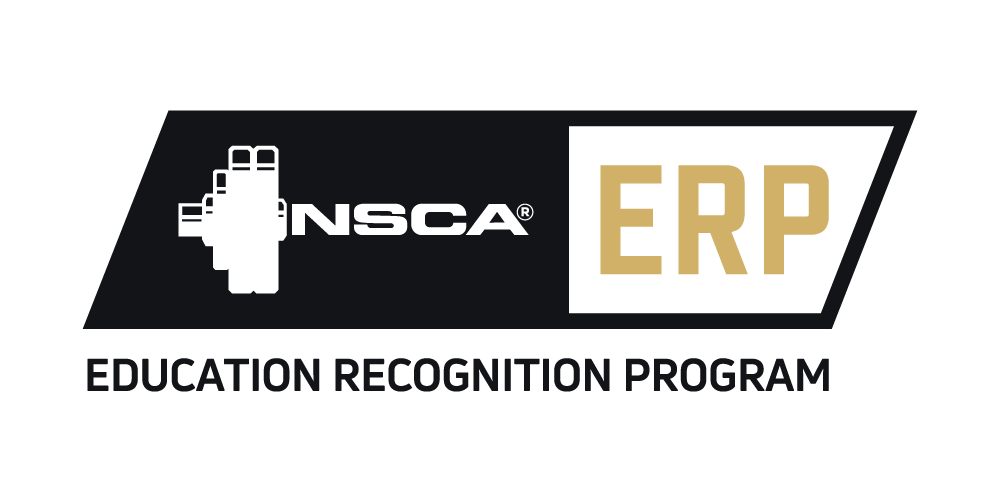
QUESTIONS?
Graduate Admissions
P: 800-277-7020
E: grad@piedmont.edu

Frequently Asked Questions
The concept of health care is no longer limited to traditional medical fields (nursing, physician, etc.), but now also encompasses the ideas of prevention, quality of life, health planning, and exercise as medicine. Students in the HHP program are presented a holistic understanding of health and human behavior and are taught to design, develop, and implement initiatives that enhance health and well-being for individuals, families, and communities.
The following courses are recommended, but not required for program admission:
- Introduction to health science, exercise science, athletic training, physical education, or similar (3cr)
- Exercise physiology (3-4cr)
- Health Policy and Law or similar (3cr)
- Developmental or abnormal psychology (3cr)
- Sport Psychology (3cr)
- Health Promotion or similar (3cr)
- Fitness assessment and prescription (including strength training principles)
- Health and physical assessment
- Health promotion (advocacy, assessment, and programming strategies)
- Diet analysis for normal, special, and athletic populations
- Health education and behavior coaching strategies
- Epidemiology and its role in planning and prevention
- Healthcare quality and trend assessment
Health and human performance graduates provide services to all types of clients, not just athletes participating in sports, and can work in a variety of job settings. Our graduates are positioned to provide an unparalleled continuum of care for clients needing health and wellness support, sport performance programming, and increasingly, training to prevent injuries.
Health and Human Performance graduates are employed in a wide variety of work settings, and can be found in any field where people are physically active, including:
- Community action and non-profit organizations
- Medically based fitness and wellness centers
- Sports performance facilities
- Public and private health clubs
- Corporate wellness promotion centers
- Colleges and universities
- Military
- YMCAs and JCCs
- Community and commercial recreation and athletic sites
- Public health promotion program administration
- Exercise/fitness directors, managers, and supervisors
- Sports performance coaches
- Contract negotiations and other legal aspects of sports and fitness
- Budgeting and supply management
- Fitness assessment and design of training programs
- Sport and health promotion
- Athletic organization administration and coaching
- Program planning, development, and instruction
- Sales, marketing, and recruitment
- Application of health and safety standards
- Event promotion, scheduling, and management
- Public relations and community outreach
- Human resource and personnel management
- Facility management
- Community, municipal, military, prison, and nonprofit recreation programming
- Summer camp management
While the curriculum prepares students to become Certified Health Education Specialists (CHES) and Certified Strength and Conditioning Specialists (CSCS), students may also choose to pursue additional credentials:
- Certified Special Population Specialist (CSPS)
- Certified Personal Trainer (NSCS-CPT or ACSM-CPT)
- Tactical Strength and Conditioning Facilitator (TSAC-F)
- Certified Group Exercise Instructor (GEI)
- Certified Exercise Physiologist (EP-C)
- Clinical Exercise Physiologist (CEP) or Registered Clinical Exercise Physiologist (RCEP)
- Certified in Public Health (CPH)
